As one of the most universal and versatile types of plastic piping to exist, PVC piping is employed in a multitude of different applications globally, specifically across the agricultural, industrial, commercial, and civil markets. In comparison to their metal piping counterparts, PVC pipes are lighter giving easier installation, offer greater chemical resistance, and in particular when compared to mild steel, offer greater corrosion resistance. However, they do have a risk of succumbing to thermal expansion or contraction. So while PVC will be the perfect solution for many applications, metal will suit others, and it’s important you know when one is more suited than the other. PVC pipes are offered in a variety of sizes with numerous fittings available and are safe for use in cold and warm water (operating temperatures of 4-40°C with temperature spikes up to 60°C) applications.



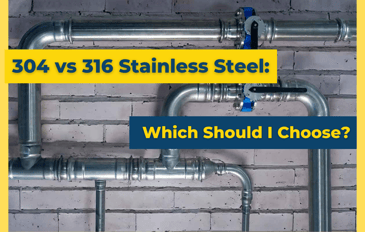
.png?width=365&name=Orange%20and%20White%20Gradient%20Social%20Media%20Management%20Company%20Presentation%20(2).png)

%20(1).png?width=365&name=Copy%20of%20WW%20%20Blog%20headers%202023%20(27)%20(1).png)
.png?width=365&name=Copy%20of%20WW%20%20Blog%20headers%202023%20(23).png)
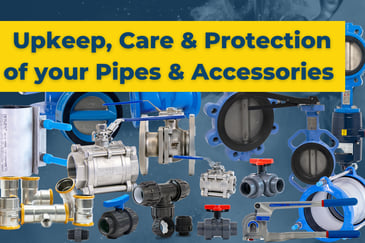
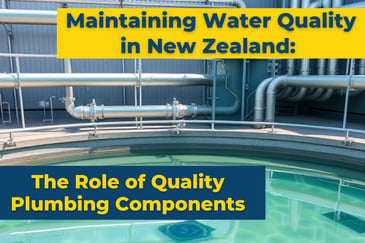
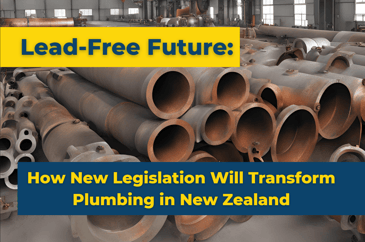
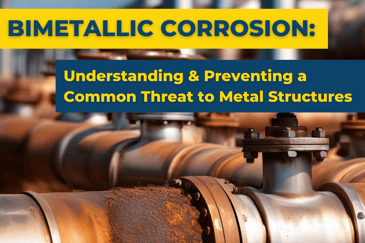
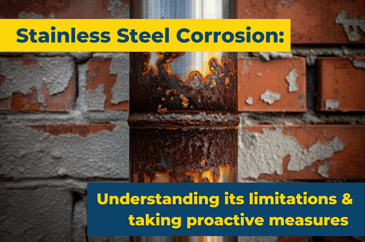
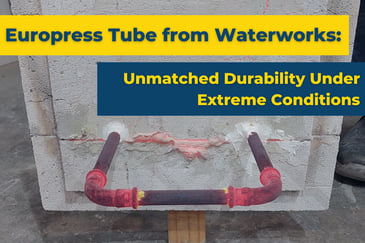
-1.png?width=365&name=Copy%20of%20WW%20%20Blog%20headers%202023%20(17)-1.png)
-1.gif?width=365&name=Copy%20of%20WW%20%20Blog%20headers%202023%20(1)-1.gif)
-1.png?width=365&name=Copy%20of%20WW%20%20Blog%20headers%202023%20(12)-1.png)
.png?width=365&name=Copy%20of%20WW%20%20Blog%20headers%202023%20(8).png)
.png?width=365&name=Copy%20of%20WW%20%20Blog%20headers%202023%20(3).png)
-1.png?width=365&name=Copy%20of%20WW%20%20Blog%20headers%202023%20(1)-1.png)
-1.png?width=365&name=WW%20%20Blog%20headers%202023%20(3)-1.png)
.gif?width=365&name=WW%20%20Blog%20headers%202023%20(4).gif)
.png?width=365&name=WW%20%20Blog%20headers%202023%20(3).png)
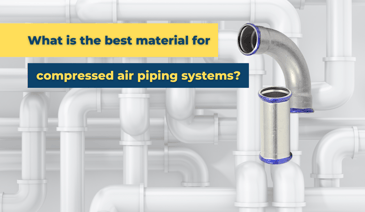
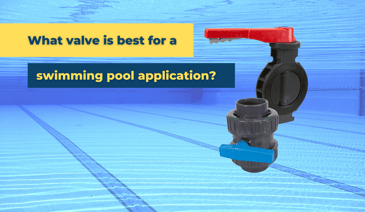
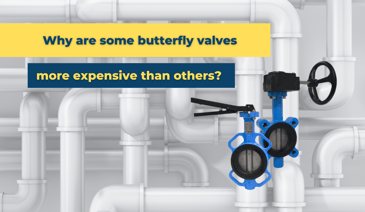
.png?width=365&name=WW%20best%20valve%20for%20wastewater%20and%20effluent%20(1).png)
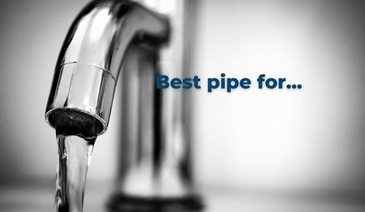
.png?width=365&name=Waterworks%20%20PE%20vs%20PVC%20(1).png)
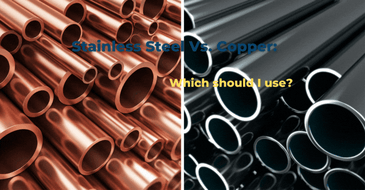
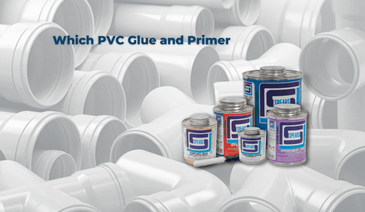
.gif?width=365&name=WW%20%20June%20blog%20cover%20image%20(1).gif)
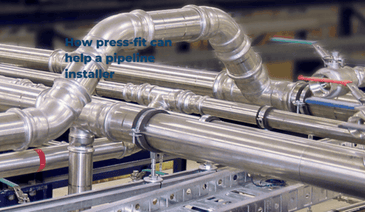
.png?width=365&name=Waterworks%20%20New%20website%20(1).png)
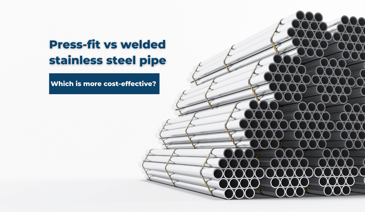
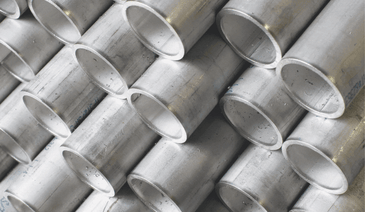
%20(1).png?width=365&name=Waterworks%20%20Press-fit%20vs%20Welding%20email%20graphic%20(1)%20(1).png)
.png?width=365&name=Waterworks%20%20Europress%20compressed%20air%20email%20graphic%20(1).png)
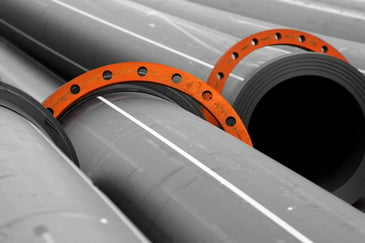
-1.png?width=365&name=Copy%20of%20WW%20%20Blog%20headers%202023%20(19)-1.png)
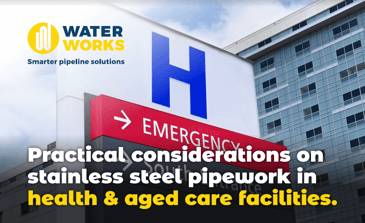
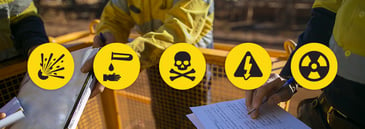
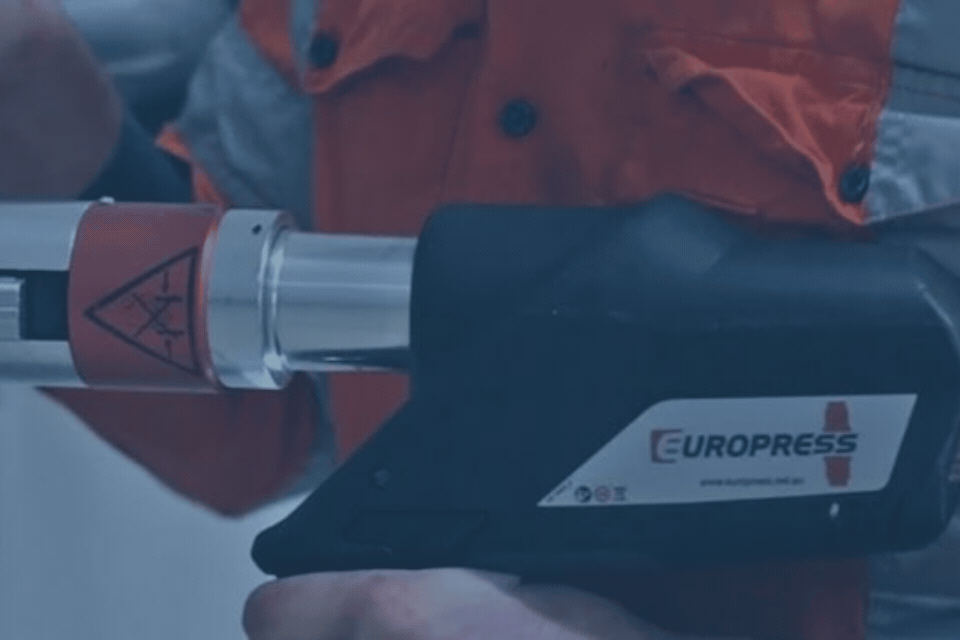
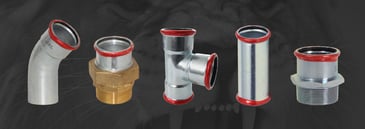
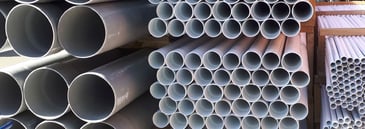
/The%20Importance%20of%20Getting%20Your%20Pipe%20Bracketing%20Right.jpg?width=365&name=The%20Importance%20of%20Getting%20Your%20Pipe%20Bracketing%20Right.jpg)

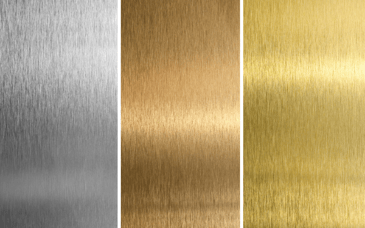
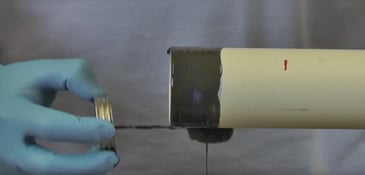

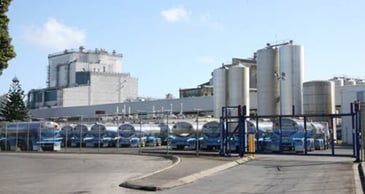
-2.jpeg?width=365&name=What%20is%20Intergranular%20Corrosion%20(IGC)-2.jpeg)